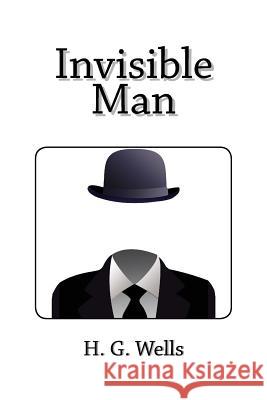The Invisible Man » książka
The Invisible Man
ISBN-13: 9781495447167 / Angielski / Miękka / 2014 / 118 str.
The Invisible Man
ISBN-13: 9781495447167 / Angielski / Miękka / 2014 / 118 str.
(netto: 34,98 VAT: 5%)
Najniższa cena z 30 dni: 34,09 zł
ok. 13-18 dni roboczych.
Darmowa dostawa!
Invisible Man is an American classic, a staple of English departments everywhere and for good reason. With its evocation of the Dostoyevsky classic Notes From Underground, its exploration of race relations in America in the first half of the 20th century, its intriguing protagonist and its wonderfully descriptive prose, it deserves all the accolades. Author Ralph Ellison's first and only novel published in his lifetime, Invisible Man builds on the traditions of the Harlem Renaissance and Ellison's friend and mentor Richard Wright to document the experience of blacks in the United States. Of particular interest in the book was the view it gives of the Communist movement (here called the Brotherhood) in New York in the 30s and its rivalry with black nationalism in Harlem. With its combination of naivete, cynicism, ideological rigidity and over-intellectualization of just about everything, the Brotherhood/Communism was clearly a movement destined to plateau at certain level of support beyond which the ready supply of fanatics runs thin. Due to its own racism and its overweening know-it-all-ness, it even flubbed an opportunity to attract support from blacks who had clearly been screwed over by the existing system and might in consequence have made a receptive constituency. The narrator of Invisible Man, obviously based on Ellison, is a talented young black man growing up in the Jim Crow South who initially wants to make a difference, but he is frustrated by the racism of the controlling white society and the cynicism of black leaders. He migrates to the supposedly freer environment of New York City but finds a more diluted though still virulent form of the same racism that had frustrated him back home. He is initially attracted by the promises of the Brotherhood, but eventually he sours on them too after he finds that they are just as willing to toss black aspirations aside as those he left in the South. It's unfortunate that Ellison never got around to publishing any more novels after Invisible Man, but perhaps he said all he had to say."











